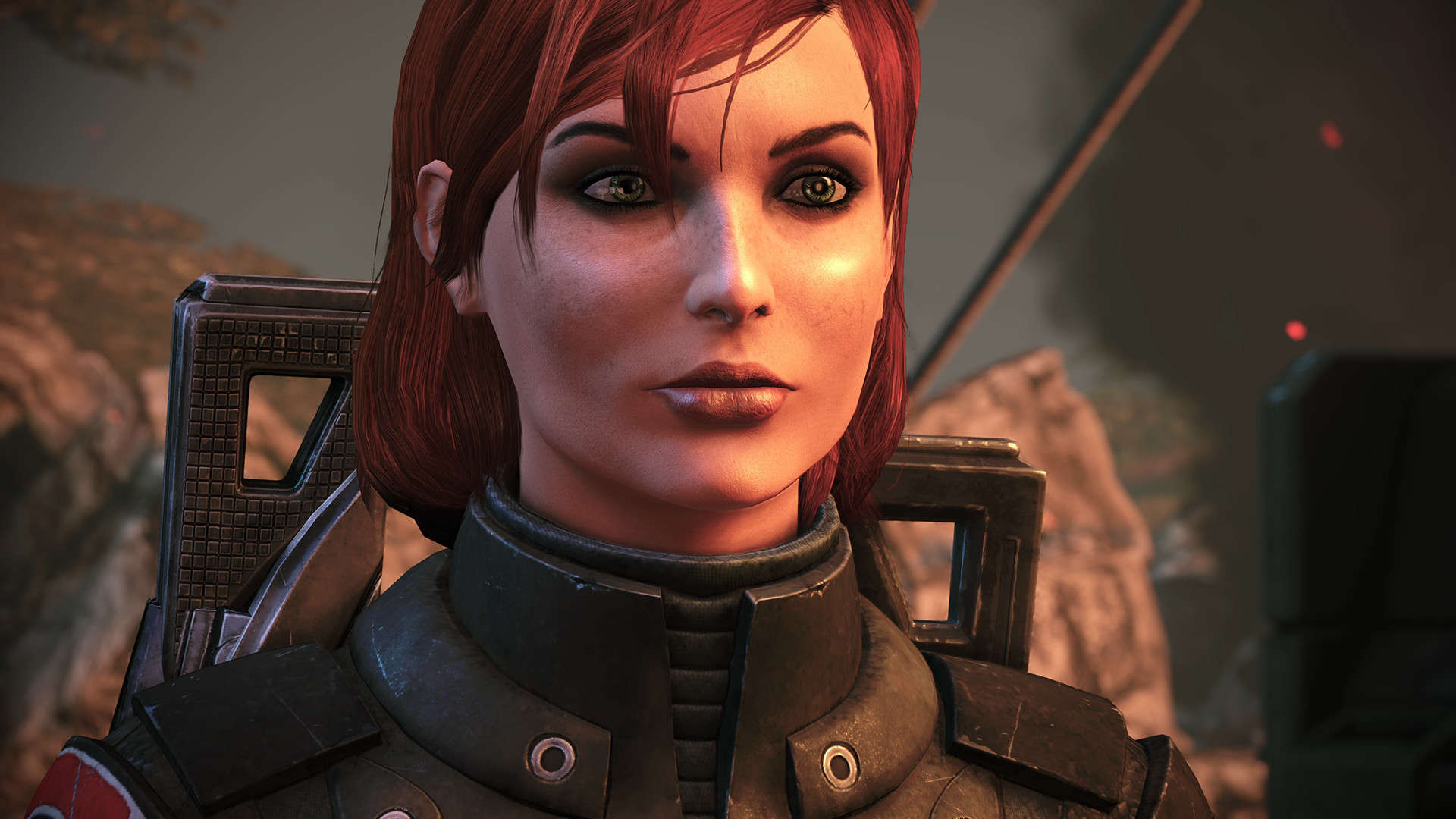
The creator of Dragon Age has weighed in on a Baldur's Gate 3 debate about the difference between choices made by an RPG's hardcore fans and those made by the wider playerbase - suggesting that there was often a wide gulf between the decisions of each group.
Earlier this week, Larian dropped new stats confirming that Shadowheart was far and away the game's most popular romance option. The cleric was romanced in more than 50% of playthroughs, with the two other female characters - Karlach and Lae'zel - coming in somewhat distant second and third places.
In turn, that conjured plenty of comments about the relative popularity of Astarion, a character who's garnered far more attention among more hardcore fanbases. One example points out how the vampire dominates the most popular tags for submissions on fan fiction website Archive of Our Own (Ao3), but doesn't even make it onto the podium when it comes down to the cold, hard, stats.
In response to that, one Twitter user was reminded of the stats for Mass Effect 3, where despite the apparent popularity of Female Shepard in online communities, it transpired that players had chosen a female avatar on just 18% of playthroughs, with 82% choosing to play as a male character.
There wasn't a single time, either with ME or DA, where the telemetry matched up with the hardcore online fanbase. *Wildly* different results, whether we're talking PC choices, romances, or story choices. You'd think they were playing completely different games. https://t.co/JKETzidpRtDecember 7, 2023
Those stats drew the attention of David Gaider, who helped create Dragon Age and was also a writer on Mass Effect (as well as BioWare's own Baldur's Gate games). He said that "there wasn't a single time, either with Mass Effect or Dragon Age, where the telemetry matched up with the hardcore online fanbase." The results were so "wildly different," across pretty much every main metric - whether that be player character, romance, or story choices - that Gaider says "you'd think they were playing completely different games."
Gaider says it's hard to establish why that might have been the case, but says that personally, he's "always wondered what it was about less 'standard' options that seems to generate the most passion in the hardcore fans," guess that it might be "something inherent about getting to pick something most wouldn't."
Asked whether there's something in the different between people who are devoted to a fictional world and those who are simply buying a major new game release (which seems to me as though it could easily have been the case for Mass Effect), Gaider notes that it's still hard to say, as anyone who fell into the latter group could easily become a member of the former group. He also points out that "'casual players'" might drop out of the equation over time, but that even that "won't make much of a dent' against the millions of entries that developers can get from the release of a big game.
Even if there's no answer, it's an interesting question. It's been clear that characters like Karlach and Astarion have been more popular in certain spheres than in others, and several players have pointed out that the popularity of 'emo gf' Shadowheart isn't necessarily a surprise, but it's fascinating to see how substantial the divide has been, and for how long.







